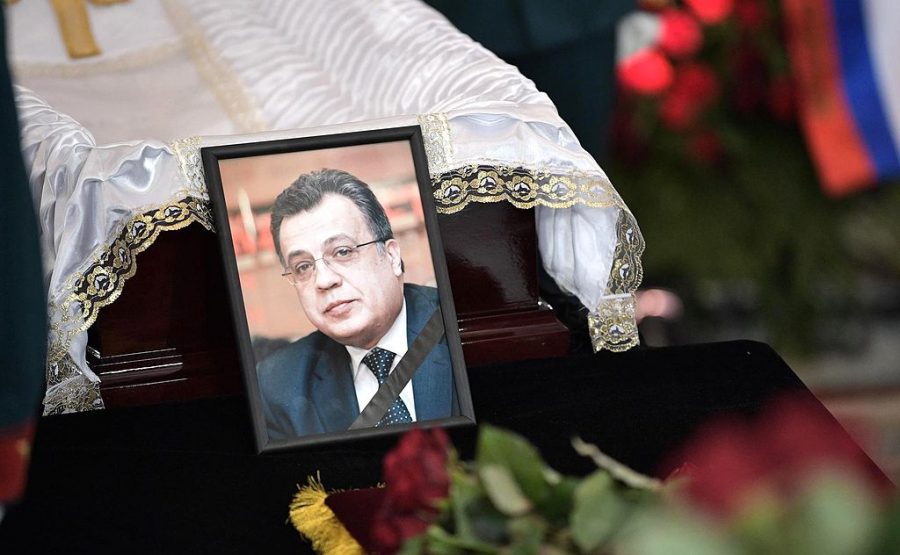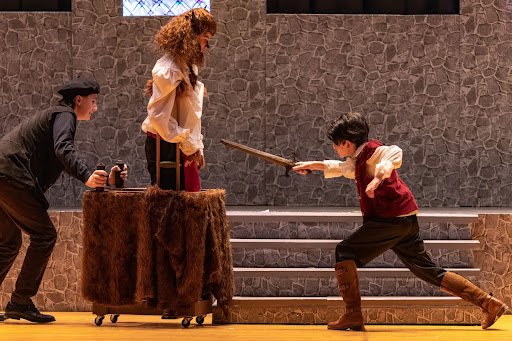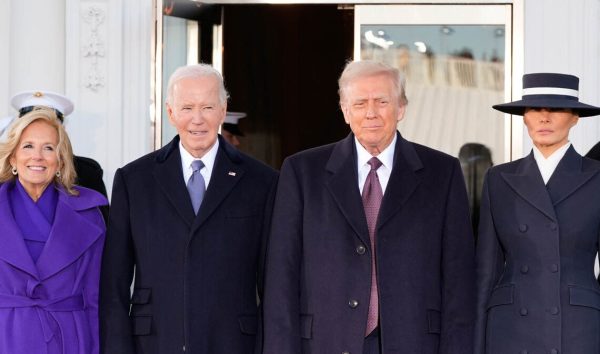Russian ambassador murdered
Photo via Google under Creative Commons license
Russian ambassador Andrei Karlov was fatally shot on Dec. 19.
Russian ambassador to Turkey, 62-year old Andrei Karlov, was fatally shot at an art exhibit in Ankara on Dec. 19 by an off-duty Turkish riot cop, Mevlut Mert Altintas.
Only minutes into a speech by the ambassador, chaos ensued as 11 shots were fired. The audience and spectators fled in fear as the gunman, shouting “do not forget Aleppo,” according to witnesses at the scene interviewed by local reporters, was shot by Turkish police officers on the scene.
Shortly after the assassination, a separate attack was reported. A gunman fired shots outside of the US embassy, but was quickly neutralized by security nearby.
The assassination was “a violation of all rules of civilized order.” President elect Donald Trump stated on the events that occurred, according to the New York Times.
The timing of this assassination is during a period of strained relations between Russia and Turkey, that are in the process of being mended and improved. Many questions arose about whether or not this assassination was an act of terrorism against Russia, or if the assassination was an attempt to disturb relationships between the two countries.
Russian President Vladimir Putin said during a press conference that the attack was a purposeful attempt to further strain relations between Russia and Turkey and to interfere with any and all processes involving Syria’s attempt at peace.
The ambassador’s assassination was only a day before an extremely crucial meeting with Iraq, Turkey and Russia regarding Syria to be held in Moscow. After the assassination, officials were unsure whether the meeting would still be held as planned given the circumstances; however, the meeting regarding the Syrian city of Aleppo continued as planned with a goal to evacuate citizens from the eastern portion of the city.
Turkish President Recep Erdogan agreed with the statements that Putin made, and agreed to not let one man’s act of violence destroy what has become of their partnership. Although they agreed to maintain relations, Putin cut some economic ties and imposed sanctions on Turkey as a way of getting back at them for the assassination.
Although the assassination led to many worries and concerns about possible future acts of terror, Russian and Turkish relations remain on the path of improvement.







